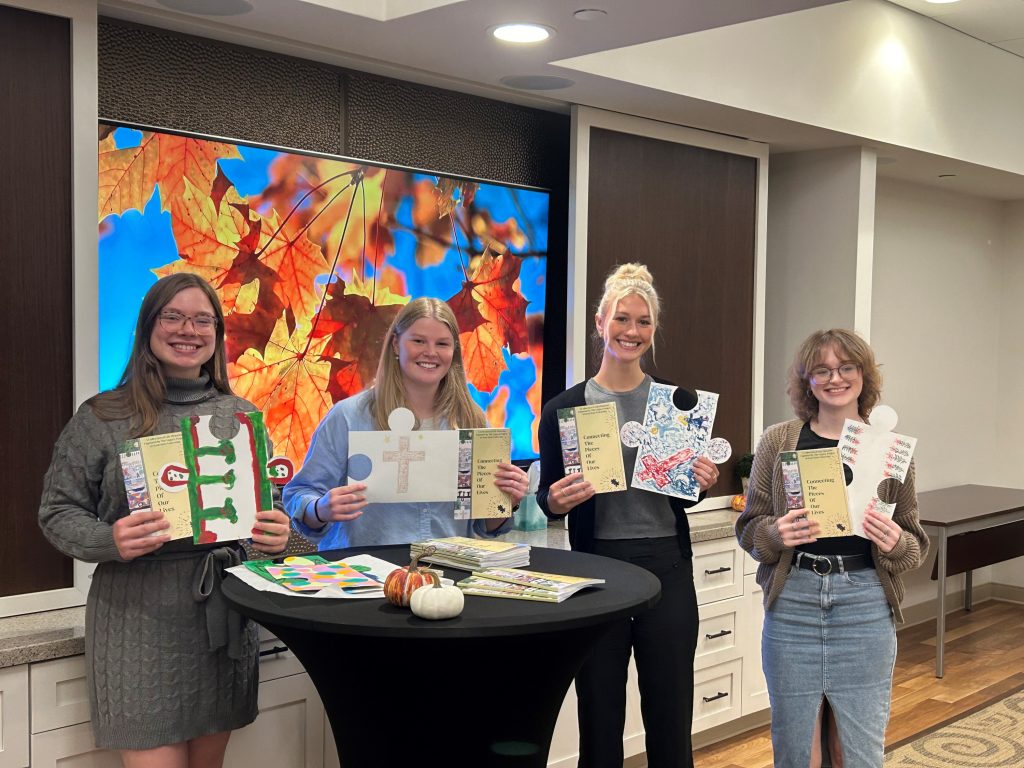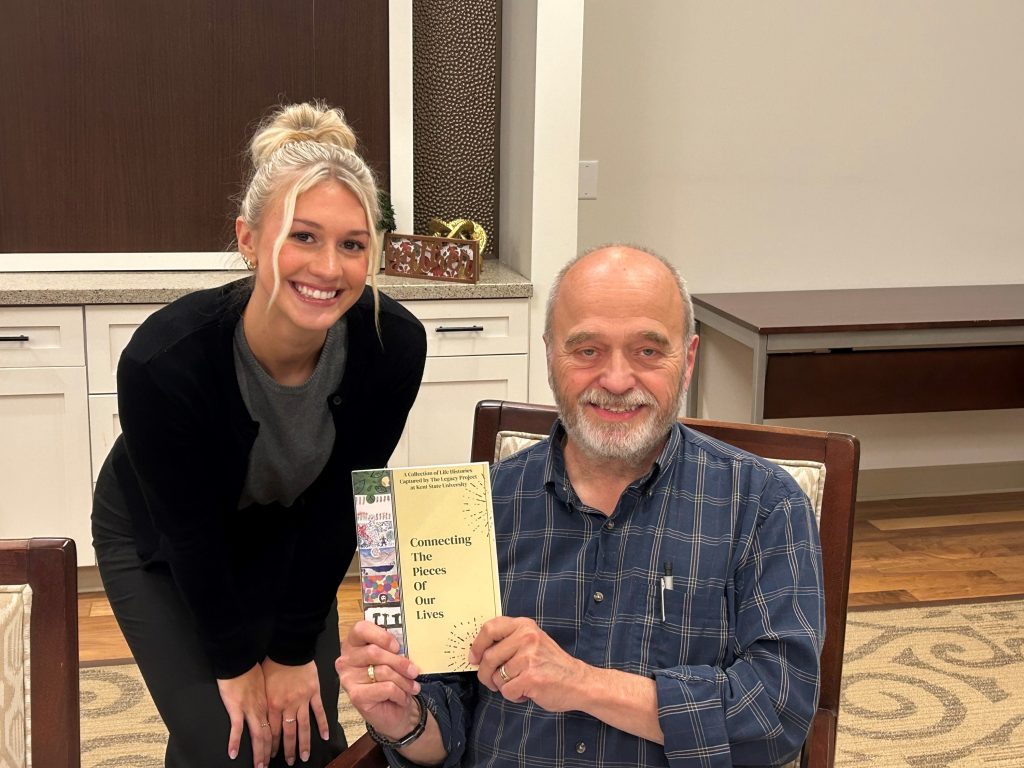
When considering an assisted living community, it’s natural to prioritize physical care and amenities. However, an equally essential component of a fulfilling life in such settings is the opportunity for strong social connections and a vibrant community environment. A sense of belonging and emotional well-being often plays a significant role in maintaining overall health, especially as we age.
As we grow older, maintaining social relationships can become more challenging due to life changes, health conditions, and mobility limitations. Yet, studies show that seniors with strong social networks tend to enjoy better mental and physical health. Loneliness and social isolation can lead to a range of negative health outcomes, including depression, cognitive decline, and an increased risk of chronic diseases.
In an assisted living community, fostering meaningful connections is often prioritized, providing residents with the chance to form new relationships and strengthen existing ones. These connections contribute not only to emotional happiness but also to a more active and engaged lifestyle.
One of the primary benefits of an assisted living community is the opportunity to live among peers who are experiencing similar life transitions. This creates an environment where shared experiences foster empathy, understanding, and a sense of camaraderie. Whether it’s through organized activities, shared meals, or spontaneous interactions, these bonds enhance residents’ overall quality of life.
Social connections within a community offer more than just companionship; they provide a support system. When challenges arise – whether health-related, emotional, or logistical – residents can turn to friends and their care team for support, knowing they are not alone.
Maplewood offers an array of programs designed to encourage residents to engage with one another. From group exercise classes to art workshops, movie nights, and cultural outings, these activities foster not only physical and cognitive engagement but also social interaction.
Take, for example, the power of an art class like watercolor painting in our art studio, where residents can collaborate, learn from each other, and bond over a shared creative experience. Such programs not only stimulate the mind but also create opportunities for residents to engage in meaningful conversations and develop lasting friendships.
Outings to local theater, restaurants, or parks offer another way for residents to experience life beyond the walls of the community while strengthening their ties with fellow residents. These shared experiences contribute to a sense of adventure and discovery, reinforcing the idea that life remains full of possibilities and new connections.
While Maplewood provides ample opportunity for social interaction, it also respects each resident’s individuality. Social connections are important, but maintaining a sense of independence is equally crucial. A well-balanced community ensures that residents can participate in group activities when they choose, but also have the freedom to enjoy quiet time or pursue personal hobbies.
This blend of independence and community support allows residents to feel empowered and in control of their lives, while still benefiting from the emotional and social aspects of living among others.
While social connections within the community are vital, Maplewood recognizes the immense value of intergenerational relationships. These connections bridge the gap between generations, offering unique benefits to both seniors and younger individuals. Intergenerational programs provide seniors with opportunities to share their wisdom and experiences, while younger participants gain invaluable life lessons and historical perspectives. These interactions can lead to reduced feelings of isolation for seniors and increased empathy and understanding among younger generations.
One remarkable initiative that exemplifies this approach is The Legacy Project. Started in 2018 and expanded through university partnerships, The Legacy Project connects college students with older adults in senior communities. The project gained significant momentum with the establishment of the Tuft Legacy Project at Tufts University in 2020, which aimed to connect students one-on-one with older adults in Massachusetts communities. At Maplewood, this program has been enthusiastically embraced, with residents participating in weekly interviews that have culminated in published books of their stories. The success of this initiative has led to expanded partnerships with several colleges and universities, underscoring the universal appeal and value of intergenerational connections.
The impact of these programs extends beyond the immediate participants, with families reporting increased engagement from their loved ones and student participants describing the experience as life-changing. By facilitating these connections, Maplewood not only enriches the lives of its residents but also contributes to a more cohesive, understanding society.


In an assisted living community, social connections and community life are essential to promoting overall well-being. The opportunity to form meaningful friendships, participate in engaging activities, and feel part of a supportive group significantly enhances quality of life for seniors. Choosing an assisted living community isn’t’ just about physical care – it’s about finding a place that feels like home and allows residents to thrive emotionally, mentally, and socially.
Sign up to receive the latest posts straight to your inbox.
Keep Reading